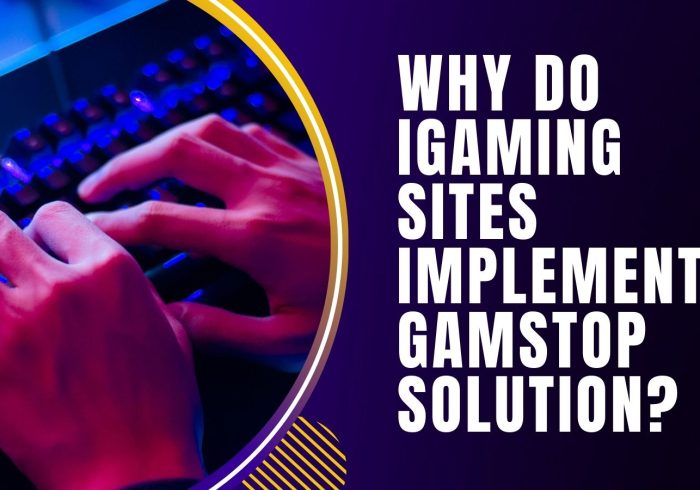Minister Luiz Fux, of Brazil’s STF (Supreme Federal Court) has announced that a public hearing on sports betting and online gaming will take place on November 11th, 2024.
Minister Fux stated that the hearing seeks to “clarify” the technical aspects of mental health and the neurological effects of betting on human behavior.
The meeting will facilitate discussions on:
- Economic effects for trade
- What impacts on the domestic economy
- Social consequences of betting
Social Benefits Being Used for Gambling
The news of the pubic hearing follows shortly after Brazil’s Social Development Ministry said that it will propose measures to stop people using their social benefit payments for online gambling.
A recent report by the Central Bank revealed that 5 million people who are in receipt of social benefits payments spent over R$3 billion ($540 million) through online gambling companies using the Pix payment platform in August. The average spend per person was R$100 ($18).
The amount spent on online gambling accounts for approximately 20% of the Bolsa Familia benefits program’s budget for the month. The program supports 21 million families who receive an average of R$685 ($126) per month.
Speaking to journalists, Brazil’s Social Development Minister Wellington Dias said:
“We are working on alternatives. One of them is a zero limit on the use of social benefits, like Bolsa Familia, for gambling or betting. And we are considering a control mechanism based on tax ID numbers to implement the necessary measures.”
Brazil’s Central Bank chief Roberto Campos Neto added:
“This is happening, and it’s happening at a fast pace, which could compromise the income of these lower-income households at some point.”
Credit Card Ban Brought Forward
The National Association of Games and Lotteries (ANJL) and the Brazilian Institute of Responsible Gaming (IBJR) have both advised their members to introduce a credit card ban ahead of time.
Both groups represent online gambling operators and have stated that all members have agreed to the early implementation of the ban which was due to take effect on January 1st, 2025.
However, despite hopes that the ban would help to mitigate some of the negative impacts of problem gambling in Brazil, gambling operators have stated that credit card deposits represent only 3% among ANJL operators and 0.5% among IBJR operators.
In August, Brazil made headlines when it was revealed that a significant portion of the country’s social benefits were being spent on online gambling. According to reports, approximately 20% of the funds allocated for social benefits were being used for gambling activities, raising concerns about the impact this could have on vulnerable populations.
Online gambling has been a growing trend in Brazil, with more and more people turning to the internet to place bets on sports, casino games, and other forms of gambling. While some see it as a harmless form of entertainment, others worry about the potential consequences of excessive gambling, especially when it comes to individuals who rely on social benefits for their livelihood.
The fact that such a large percentage of social benefits are being spent on gambling highlights the need for greater oversight and regulation in the online gambling industry. It also raises questions about the effectiveness of current social welfare programs in Brazil, and whether more needs to be done to ensure that these funds are being used responsibly.
One of the main concerns is that individuals who are already struggling financially may be further jeopardizing their well-being by spending their social benefits on gambling. This can lead to a cycle of debt and financial instability, making it even harder for people to break free from poverty.
In response to these findings, some advocates are calling for stricter regulations on online gambling in Brazil, including measures to limit the amount of money that can be spent on gambling activities. They argue that this could help protect vulnerable populations and prevent them from falling into harmful gambling habits.
Overall, the news that 20% of Brazil’s social benefits were spent on online gambling serves as a wake-up call for policymakers and the public alike. It highlights the need for greater awareness of the risks associated with excessive gambling, and the importance of ensuring that social welfare programs are being used in a responsible and effective manner.





